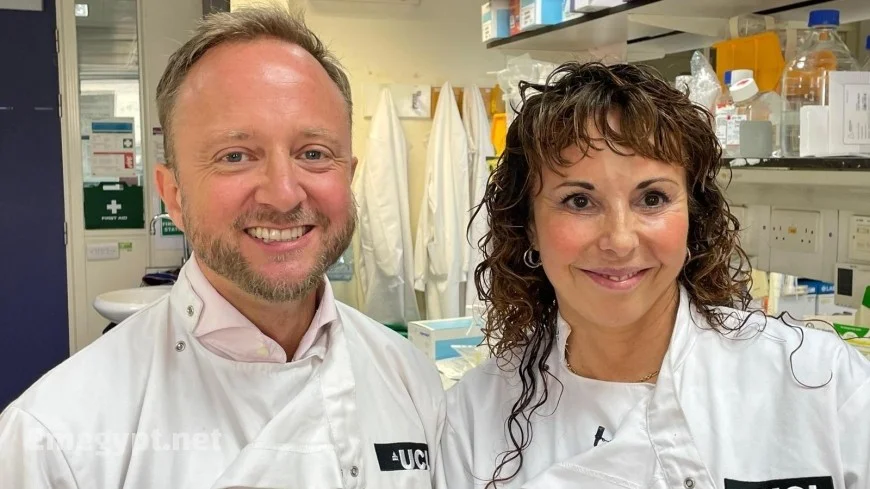Trial Results Offer New Hope
The therapy, called AMT130, reduced disease progression by up to 75 percent over three years. Delivered through a onetime neurosurgical procedure, it directly targets brain regions most affected by the HTT gene mutation. Patients receiving higher doses experienced slower decline in movement, cognitive performance, and daily functional ability.
Key Findings:
-
75% slowing of progression over 36 months
-
Positive impact on motor and cognitive functions
-
Manageable safety profile with no new major risks reported
Role of Sarah Tabrizi in the Study
The trial was led by top neurologist Sarah Tabrizi at University College London. As founder of the UCL Huntington’s Disease Centre, Tabrizi highlighted the results as groundbreaking, noting this is the first sustained diseasemodifying effect seen in Huntington disease research.

Challenges Ahead for Gene Therapy
While results are promising, the neurosurgical nature of the treatment could limit widespread use. Cost, regulatory approval, and longterm monitoring remain hurdles before the therapy can become standard care. Uniqure plans to seek approval in the US in 2026 and expand applications in Europe and the UK.
| Challenge | Impact |
|---|---|
| Surgical delivery | Requires specialized centers |
| Cost of treatment | May limit accessibility |
| Regulatory steps | Approval process ongoing |
| Longterm safety | Continued monitoring needed |
A Turning Point for Patients
For the first time, slowing Huntington’s progression appears within reach. Researchers believe this breakthrough could mark the beginning of a new era in treating neurodegenerative disorders, offering hope to thousands of families worldwide.
